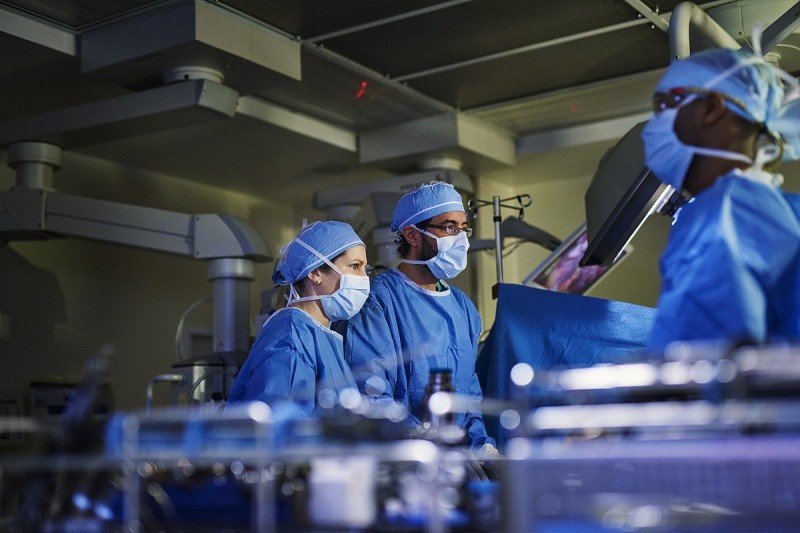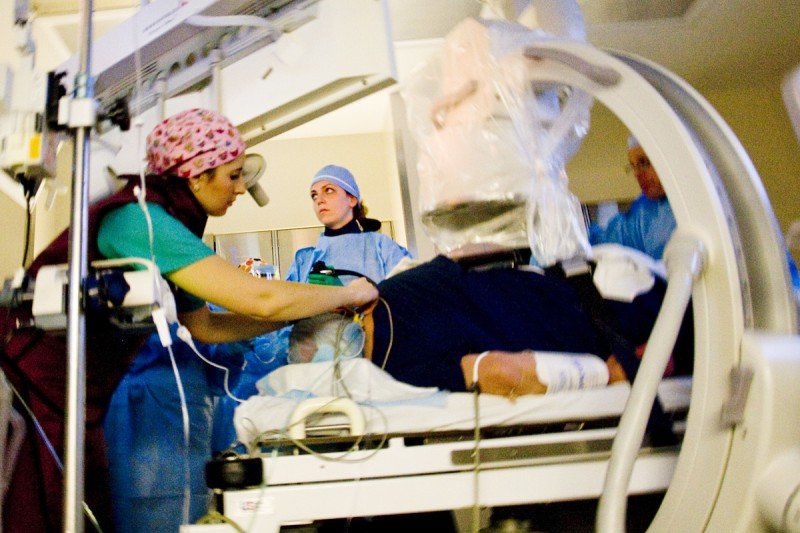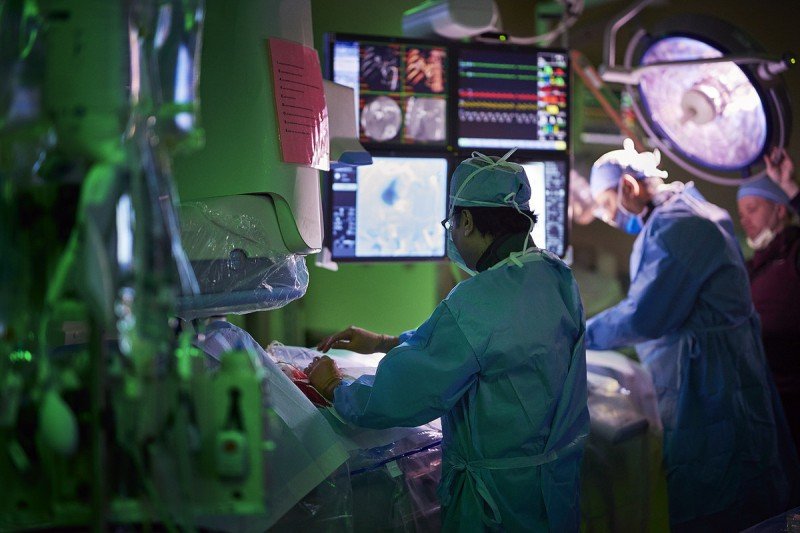
On May 19, a panel of MSK experts addressed your most pressing concerns and answered your questions about your upcoming treatment or appointment.
Once you and your doctor agree that surgery is the right choice, we’ll take extra steps to make sure that everyone is well prepared — including you. We’ll let you know as soon as your operation is scheduled and will give you any special instructions you’ll need to follow beforehand. This includes when you should stop taking certain prescription and over-the-counter medications; dietary, alcohol, and smoking restrictions; what to wear and bring with you on the day of your surgery; and a reminder to make necessary travel arrangements to and from the hospital.
If you haven’t already completed a Health Care Proxy Form, we’ll recommend that you do so. A health care proxy is a legal document that identifies the person who will speak for you if you are unable to communicate for yourself. This person should know your wishes regarding health care in case there is an emergency.
You’ll be scheduled to undergo presurgical testing, usually two days before your operation. We’ll assign a team of specialized nurses at our Presurgical Center on the 6th floor of Memorial Hospital to:
- review your medical and surgical history and do a physical exam
- take a small amount of blood to confirm your blood type and whether you agree to have a blood transfusion if needed
- evaluate you for receiving anesthesia (medication to put you to sleep during your surgery)
- order test to prepare you for surgery
- give any other tests necessary to plan your surgery
One business day before the operation, a presurgery nurse will contact you to answer any questions you may have and make sure you have the equipment or special help you need to recover safely at home. We’ll also let you know where your operation will take place and what time you should arrive.
Where Surgery Happens
Depending on what type of procedure you’re having, your operation will take place in one of three locations at Memorial Hospital: Main Surgical Center, Surgical Day Hospital, and Center for Image-Guide Interventions.
What to Expect the Day of Surgery
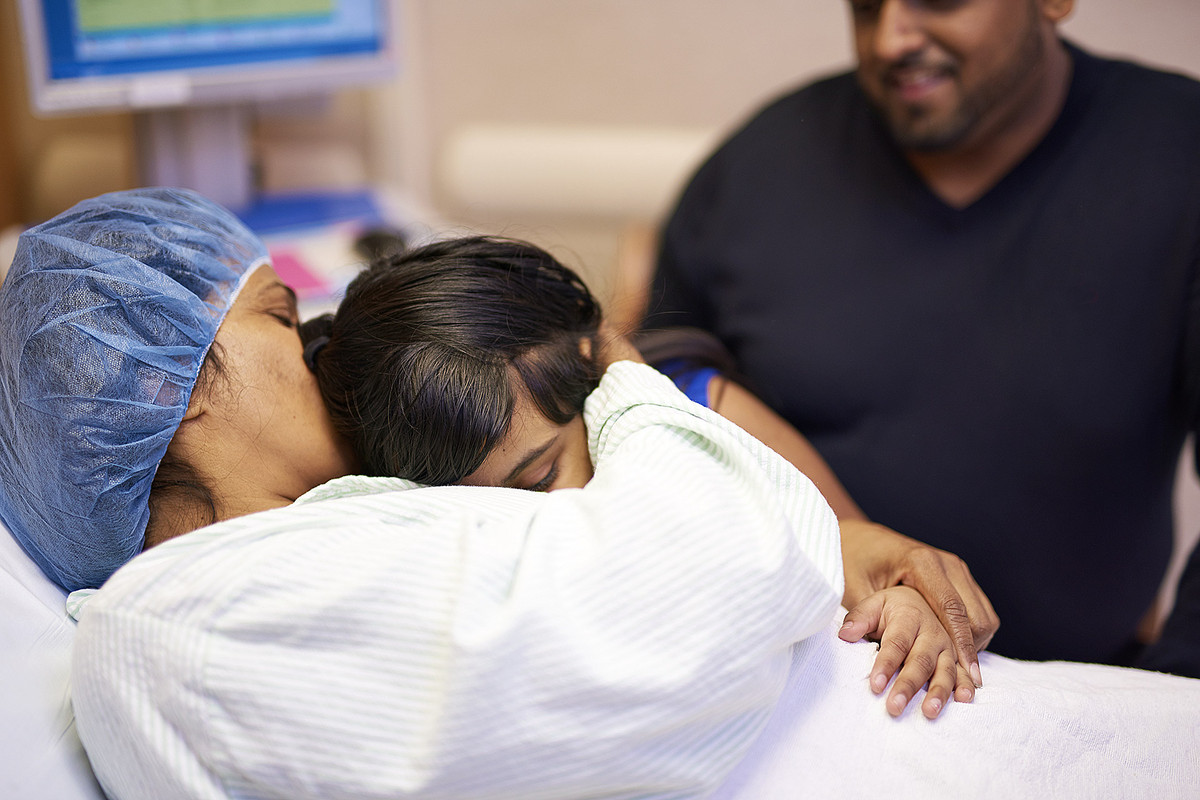
On the day of your surgery, a nurse will do a final check to see how you’re feeling and insert an intravenous line into a vein in your arm. You’ll also meet with an anesthesiologist who will discuss the type of anesthesia or sedation you’ll receive and answer your questions about your comfort and safety during your surgery.
Generally, two visitors may stay with you as you await your surgery. You’ll be asked to provide contact information for the person who will be speaking to the surgeon after the operation.
If your procedure is being done in the Main Surgical Center on the 6th floor, your visitors must wait in the Presurgical Center waiting area once you are taken to the operating room. If your procedure is taking place in the SDH or CIGI on the second floor, your visitors will wait in the SDH waiting area. A nurse assigned to communicate with your loved ones will keep them updated during surgery and let them know when you’re ready to go to home or to another part of the hospital to recover.
If you received anesthesia during surgery in the Main Surgical Center, we’ll take you to our post-anesthesia care unit (PACU) following the procedure to care for you as you wake up and make sure any pain or other discomforts are handled. You’ll be monitored there until you have recovered enough to be discharged to an inpatient room on one of the hospital floors.
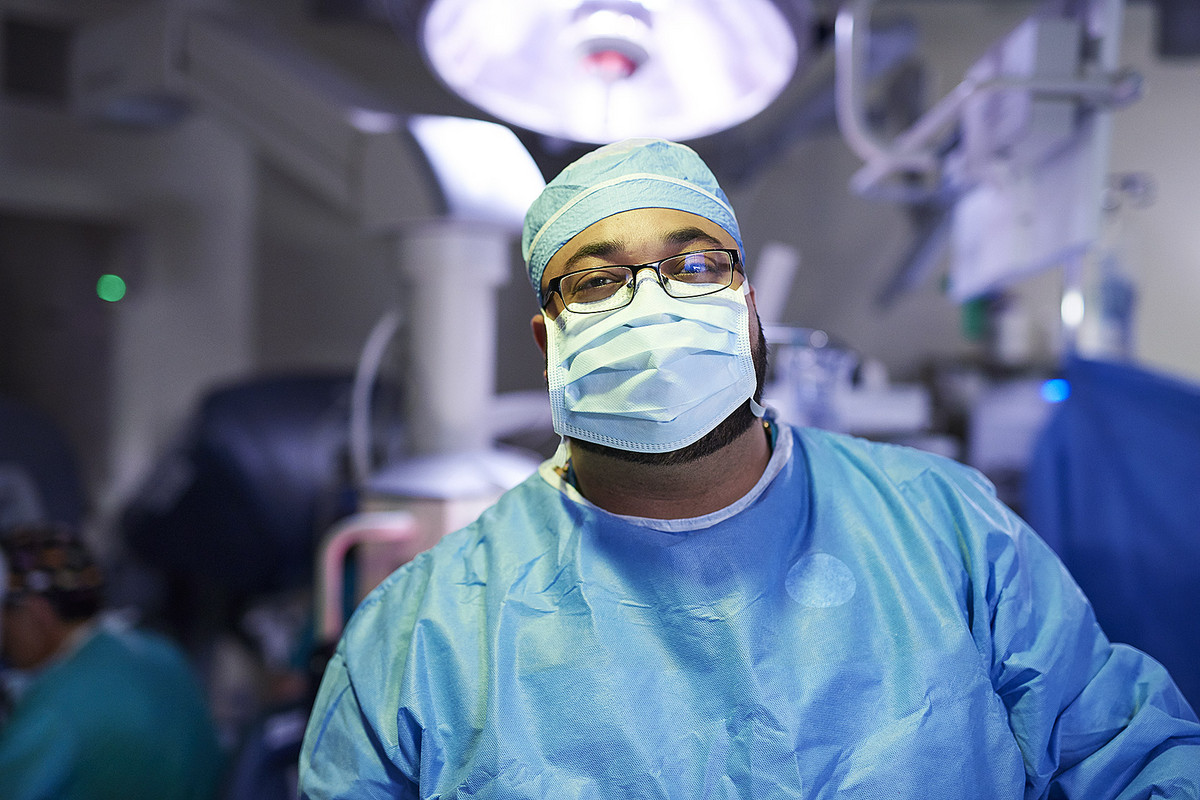
The nurses caring for you are very experienced — many of them nationally and internationally recognized in their areas of specialty. They work very closely with your surgeons, pharmacists, respiratory therapists, and other members of your team to make sure things go as well as possible.
If your procedure was in the SDH and you’re scheduled to go home the same day, our nurses will monitor your heart rate, blood pressure, and other vital signs until they’re stable enough for us to let you go. We’ll check in with you by phone 24 hours after you leave.
